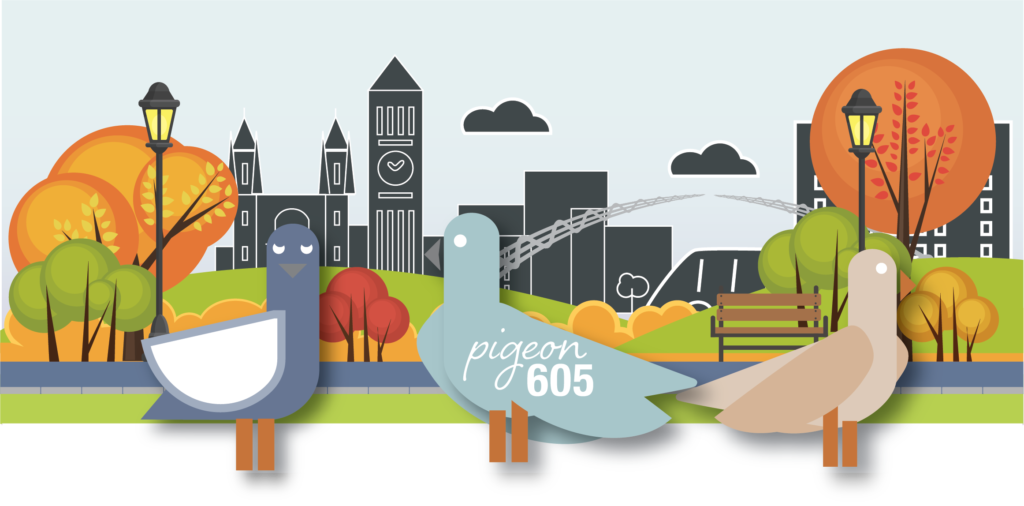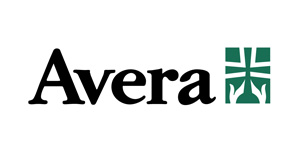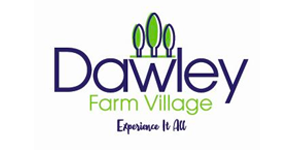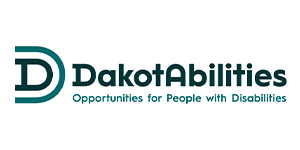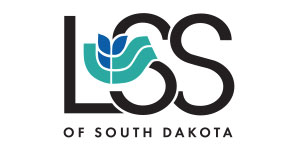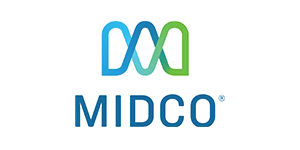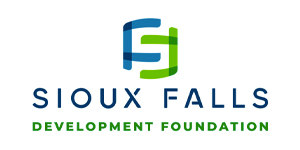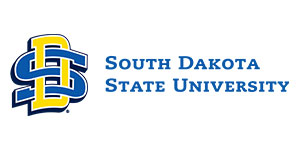Community leader’s powerful story leads to well-earned ride
By Steve Young, for Pigeon605
When a boy who has nothing grows up and ends up investing almost everything he accumulates in the future of others, what’s that worth?
Maybe a brand-new truck?
The folks at First Dakota National Bank apparently think so. That’s why on a golden May evening recently on a field at Kenny Anderson Park in northeast Sioux Falls where Moses Idris was coaching soccer and steering the lives of 40 Kunama refugee middle schoolers toward something better, a wonderful thing happened.
A police car with its siren blaring pulled right up on the soccer field. A new 2021 Ford F-150 pickup followed it. As the buzz grew among the players and onlookers, chief lending officer Dave Kroll with First Dakota said a few words and then handed Idris the keys to the truck. The soccer players erupted in hoots and hollers. Idris wept.

First Dakota is celebrating its sesquicentennial this year by tying its 150-year anniversary to the gifting of F-150 pickups to people doing incredible things in the communities within the banking institution’s service area. A widower in Tabor, a businessman in Vermillion fighting cancer while helping boaters stranded on the Missouri River and a Sioux Falls man who gives presentations on distracted driving after his cousin was killed all have received trucks.
Now so has Idris.
“Moses is a giver,” explained Dan Statema, marketing director for First Dakota. “He gives of his time, gives of his money. All he does is give back, so this is a good way to show both him and the kids that hard work is rewarded.”
That evening on the field, when the diminutive, 27-year-old Kunama refugee from the East African country of Eritrea finally gathered himself, he said something that is typical of Moses Idris. He wondered why, instead of a truck for him, there couldn’t have been soccer balls and jerseys and cleats for his young players.

The truth is, while the soccer equipment is needed, that truck offers something much more important to Idris’ work with his middle school team members, whom he has dubbed the Rising Stars, and who, like him, are Kunama refugees and immigrants. That truck is going to provide an even more reliable way for him to connect with kids he very much wants to steer in the direction of opportunity and hope.
See, every time Idris holds a soccer practice at the Kenny Anderson fields, he spends two hours picking up the kids because many of their families have no way to transport them. They practice, have fun and learn important life lessons for two more hours and then Idris takes two hours to drive them all home again, hoping that whatever vehicle he has at the time will hold together to get the job done.
The genius of all this is that the children love to play the game. Idris played soccer in the refugee camps of Ethiopia, where he and his family lived for 10 years. So when he started this soccer program five years ago, Idris promised the kids’ families that he was not just going to teach them the sport, but he was going to help shape their lives too.

“Soccer is really just the tool we use now,” he said. “For me, this has always been about developing relationships, trust and helping them find opportunities. At the end of the day, maybe one or two of these kids might play professional sports, but that’s not our focus. Our focus is helping them find belonging, develop their confidence and help them connect with opportunities, whether it’s a job or some other resources they can use.”
There were no such opportunities when Idris was a child. Born into a hardscrabble village called Anudullu, he was one of five brothers to be fed, clothed and loved by parents who were among the world’s poorest poor.
The Kumana are the indigenous people of Eritrea and the lowest rung on an economic ladder dominated by ethnic outsiders who now populate their homeland. His people were pushed down because of their skin color and their lack of education, Idris said. He remembers being told again and again: “If you are Kumana, you are not going to amount to anything. You’re not going to do anything greatly.”
His father would not let him believe that. Even after civil war in Eritrea forced them into the refugee camps, Idris’ father would not allow his sons to stay home during school days to tend to the cattle and goats as other families did. Go to school, he told them, and he will take care of the animals until they get back home.
“My dad was the biggest influence in my life,” said Idris, who tells a story of how his own hard work in school moved him to the top of his class in elementary school and earned his father $20 from an American guest impressed by his son’s good grades.
In 2010, with the prospect of returning home to Eritrea gone because of ongoing conflicts, Idris’ mother decided to bring her family to the United States. It was a difficult decision. One of the brothers had already died young of illness. She had relatives, like her mother, she didn’t want to leave behind. And her husband, who had served in the military, was not allowed to join them.
He, too, would get sick and die, seven years after his family had left for America.
While the prospect of starting over in a new land frightened his mother, Idris embraced his father’s emphasis on education, earned his diploma from Roosevelt High School and went on to the University of Sioux Falls, where he pursued media studies to feed his passion for photography and videography and earned a degree in 2020. He graduated again this past May, this time from Lake Area Tech from the school’s community health worker certification program.

Along the way, Idris discovered that he could help his Kumana community and earn a paycheck as well through interpreting in classrooms, courtrooms, hospital settings and businesses. His life was full – going to college full time, making a difference in the lives of his local Kumana community through coaching soccer and his interpreting work, even working 30 hours a week at Target as a backroom stacker.
And then everything came unraveled.
One day at work, Idris injured his knee while climbing a ladder. Though it seemed like a minor thing at the time, the pain persisted. When he finally went to a doctor, he learned not only that he had injured his ACL in his right knee, but also there were issues with the left knee.
He needed surgery on both. Though workers compensation took care of the one knee, he had no insurance for the other. Suddenly, he couldn’t work at a time when his family had just purchased a new house. He fell behind on his college studies. He couldn’t help his soccer kids the way he wanted. He quit talking to his family as he slipped further and further into depression.
“I let all the negative emotions just kind of drive me down, and I became completely suicidal,” Idris recalled. “In the Kumana culture, mental illness is just so rarely talked about. My brothers actually called the police on me. They thought I had done something wrong that I wasn’t telling them.”
Turned out he was only guilty of languishing in despair after his ability to help his people and others had been taken away. It took two separate stays at Avera Behavioral Health to find healing. He found a new understanding too ─ that he had tied his identity too much to helping others and that overwhelming himself in the service of others almost led him to kill himself.
“What I learned, what I always say first and foremost now, is that I am a child of God, and whatever I do in the community is not going to define me,” Idris said. “Whatever I do is for me and God. As long as I take the right steps and do the right thing, then God will reward me with the successes I get.”

That’s the message he shares with his soccer team as well. Do the right thing, he tells them. Focus on academics. Follow a strict social media code of conduct. Develop a good character. Because he speaks the language of the parents, because he has stood by them and helped them understand – whether as an interpreter at Avera, as an education assistant at Whittier Middle School or in other settings ─ Idris has earned their trust to guide their children in the right way.
“These kids, in some ways I have more influence on them than their parents because I spend more time with them,” he said. “They will joke with me, and they will tell me anything that they’re going through. We have this special connection … so if I say we’re going to do something to help our community, they just trust me completely and are happy to help.”

Now, he’s moving beyond working with just the Kumana youth in Sioux Falls. Idris has teamed up with the Orthopedic Institute to bring other ethnic groups into his sphere of influence as well, through a program called South Dakota Stars.
Other refugee and immigrant children had wanted to join his soccer program, but he hadn’t been able to build the trust with parents whose language he didn’t understand. With the help of the Orthopedic Institute, he and others now are building a program to make that inclusion a possibility.
This new effort involves soccer too. But the truth is, Idris will tell you that he really isn’t that great of a soccer coach. Any success his Rising Stars have had on the field is because of people like his friend, Kela Mirko, and Lt. Andrew Siebenborn with the Sioux Falls Police Department ─ both of whom have assisted him and turned the Rising Stars into a competitive team, he insists.

But it’s Idris who has turned these kids into something more, said Sioux Falls community advocate Steve Hildebrand and Julie Ward, the vice president of diversity, equity and inclusion at Avera. Ward oversees Idris’ work at Avera as a community outreach consultant as he builds trust between the health system and the refugee-immigrant communities it serves.
Hildebrand and Ward nominated Idris to receive the truck from First Dakota.

“What is so incredible to me is there are people that won’t do as much service in their lifetimes as Moses has done in his 27 years,” Ward said.
“For Moses to have prioritized his education early on in his own life, created a path for himself and now is completely focused on giving back and ensuring there is a path for others, he’s just wise beyond his years. He’s something special.”

And now, he has a new truck. For a young man intent on building pathways for others for years to come, that very much seems worth it.
Share This Story
Most Recent
Videos
Want to stay connected to where you live with more stories like this?
Adopt a free virtual “pigeon” to deliver news that will matter to you.










